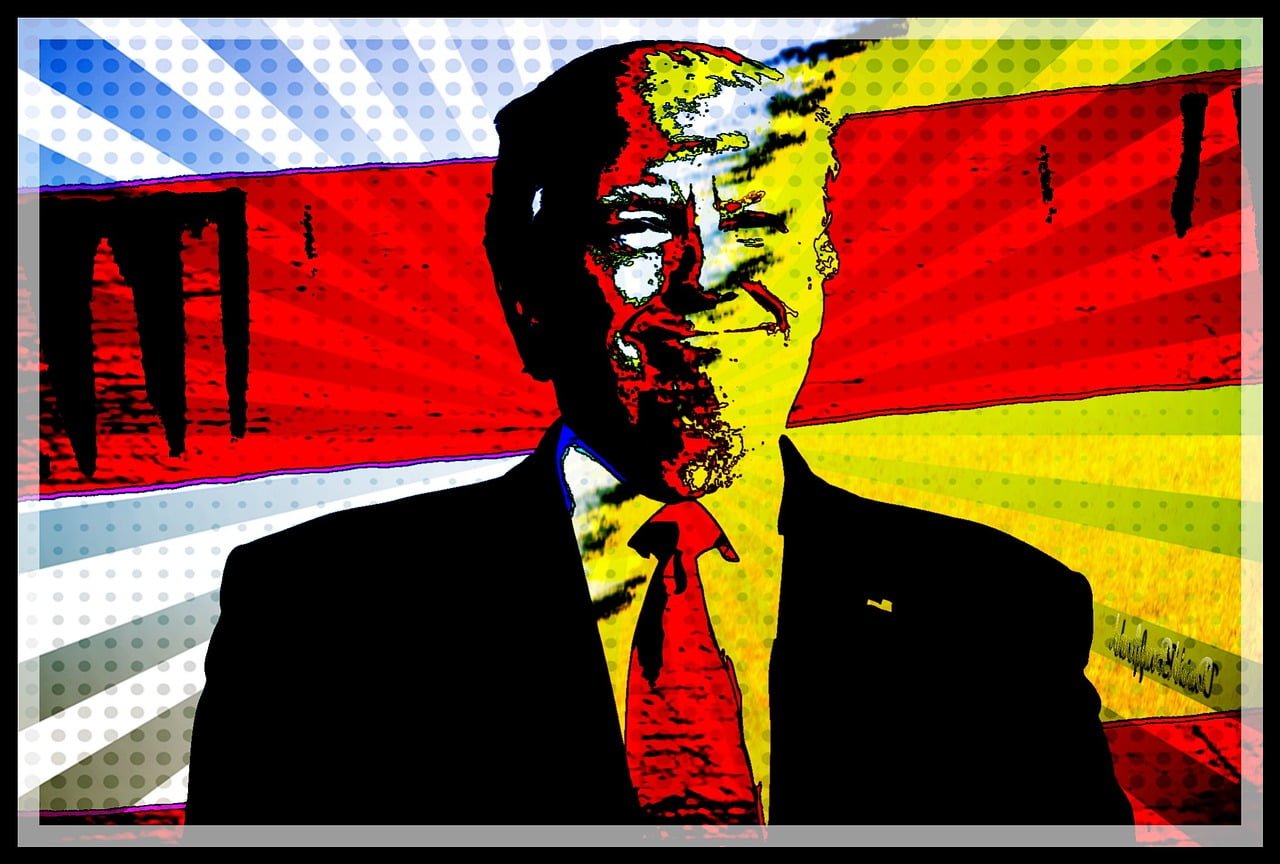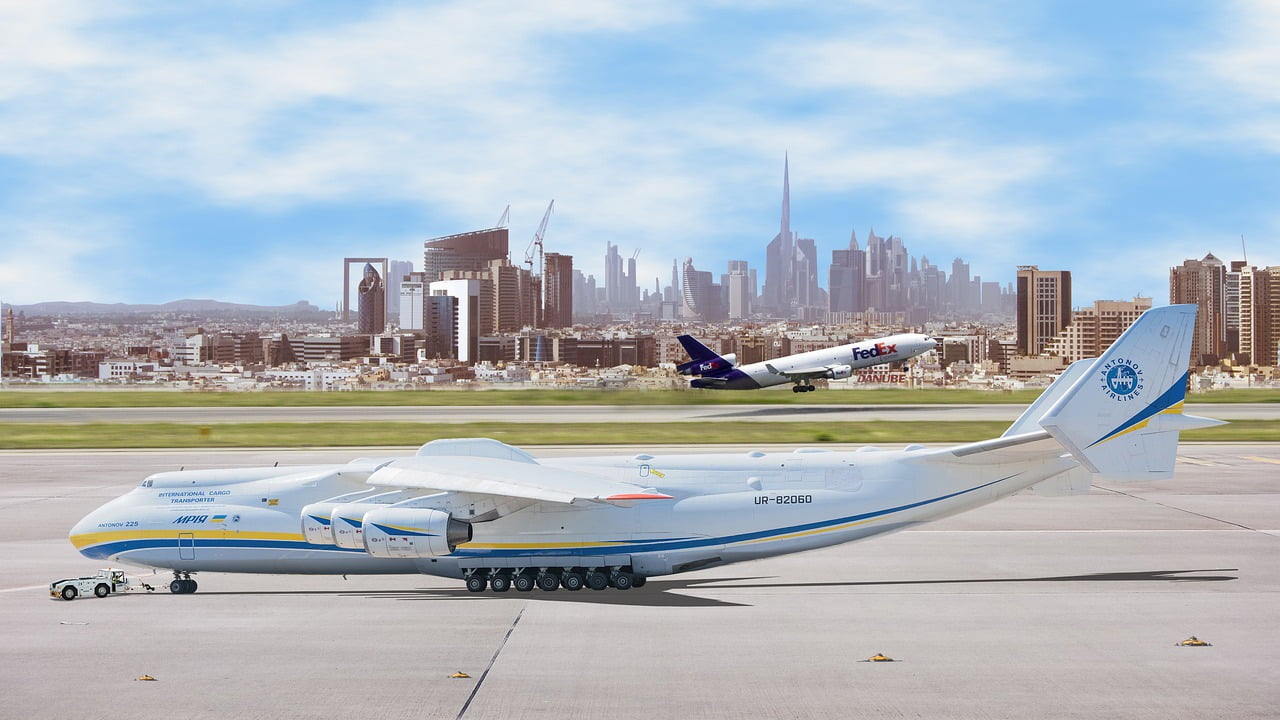Geopolitics is the study of the exercise of power within a specific geographic area. Geopolitical analysis is a multi-disciplined examination that starts with geography and includes economics, sociology and, of course, history. Geopolitics is generally used for two purposes. First, it offers a multi-faceted way of looking at how nations behave. Second, it may be able to offer insights into future behavior.
Although all of the above disciplines offer insights into geopolitical analysis, for prediction purposes, history can, in many respects, offer the most concrete path of future behavior. After all, history can tell us what happened when a nation faced a problem.
However, there is a particular problem with history. The successful use of a historical analog requires selecting one that has the best fit to the current situation. Because historical events are specific, especially compared to the more general theories from the social sciences, selecting an inappropriate historical analog can be seriously misleading. Behavioral economics has a concept called "anchoring," which means that a certain idea colors a person's ability to analyze a situation. For example, if investors become accustomed to a certain interest rate and assume it is normal, then investors may be slow to act when rates change because the original rate acts as an anchor. In other words, an anchor is considered what is normal and where rates should return. The presence of an anchor in investors' minds can blind them to changes in conditions that may support an interest rate different than the anchor.
..............
Known factors:
1. Inequality has reached historical levels due to globalization and deregulation, which were implemented to control the inflation of the 1970s.
2. The reserve currency role requires a willingness to be the global importer of last resort. This has led to unsustainable levels of household debt and was a triggering event for the 2008 Financial Crisis.
3. Rising populism is a result of a political revolt against the policies of globalization and deregulation. Americans are facing superpower fatigue.
4. The U.S. military is stretched due to hegemonic wars in Iraq and Afghanistan. These wars have distracted American leaders from the rise of China, a resurgent Russia and a belligerent North Korea. At the same time, the wars in the Middle East have destabilized the region, threatening continual war there. The four ship collisions in the Far East this year can be partly blamed on overstretch. The U.S. military is reaching the limits of its ability to project power given the current political environment.
5. The relative size of the U.S. economy has been shrinking compared to the world economy. This increases the burden of providing global public goods by making the trade deficit too large and exhausting the military
Unclear factors:
1. Can the U.S. political class create a framework that will relieve the current tensions on the economy (inequality, excessive debt) through a new social contract that would allow hegemony to continue?
2. Even with a new social contract, does the U.S. have the capability to maintain hegemony?
Presumptions:
1. The current political situation in the U.S. is not conducive to a political settlement that will allow for American hegemony to continue.
2. The U.S. does have the capacity to continue its hegemonic role if it can create a workable social contract.
3. Presumption #2 assumes that a new group of deeply talented thinkers will emerge, similar to those who developed after WWII. So far, there is little evidence this cadre of thinkers exists.
4. Thus, we expect the U.S. to steadily withdraw from the superpower role.
Historical analogs:
Britain in the 20th century:
weekly_geopolitical_report_9_25_2017






